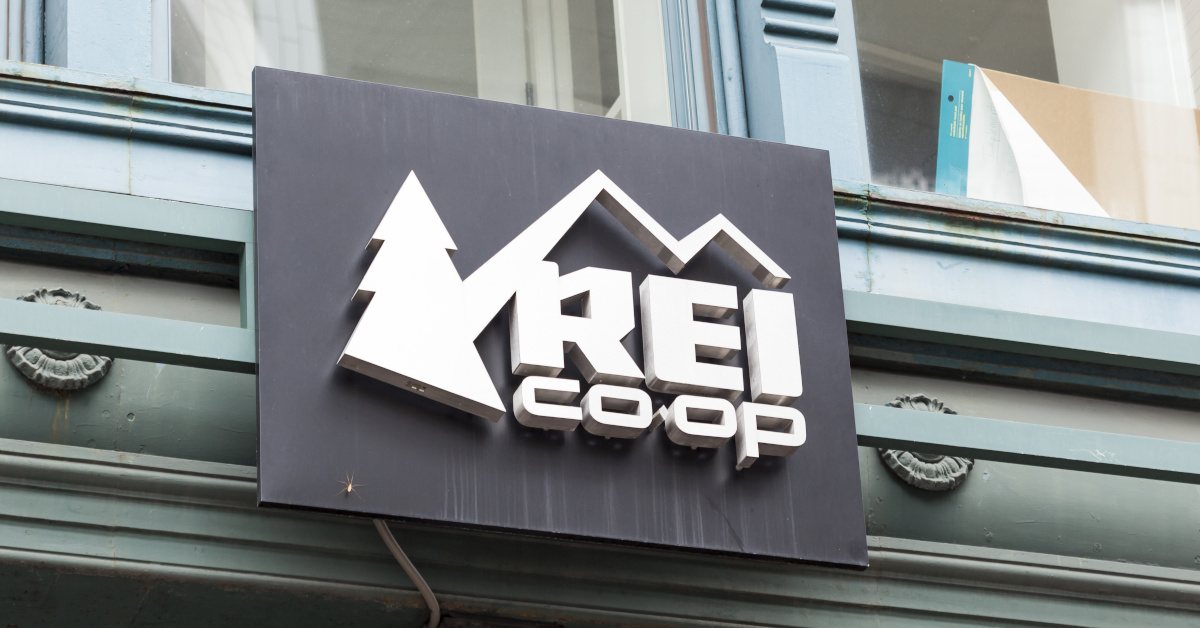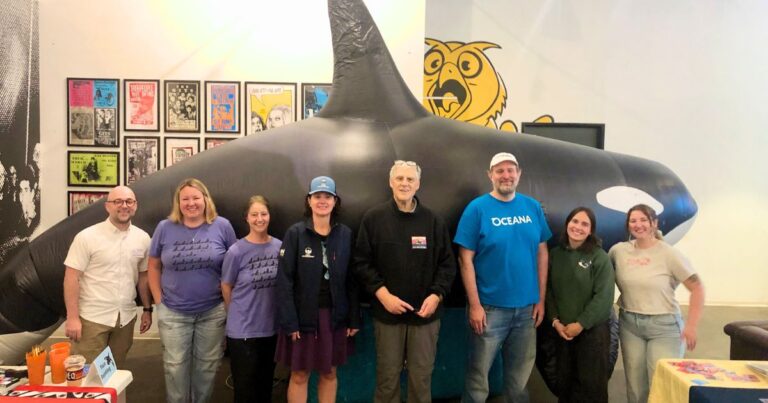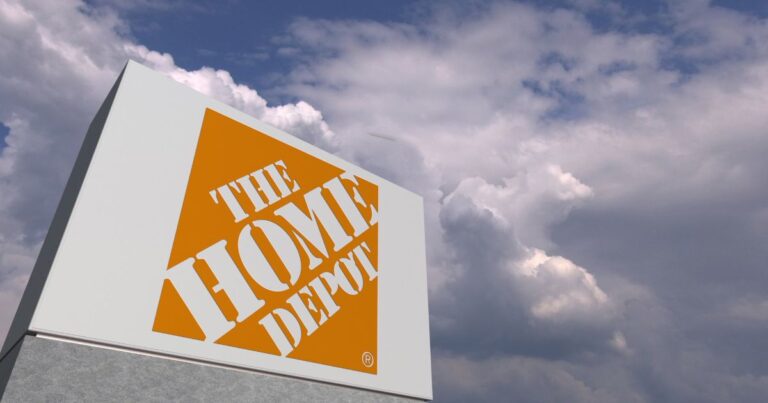PFAS chemicals are polluting wildlife from orcas to polar bears. Tell REI to get them out of their gear!
REI has long been known for being a popular retail and outdoor recreation services business that stands by its top-quality gear, stewardship of the outdoors, and sustainability of its business. With a long history of putting people and the planet over profits, especially with its #optoutside campaign, we admire REI for its strong values and passion for the outdoor environment.
That’s exactly why we believe REI should lead the outdoor apparel industry in a bold transition away from the entire class of toxic PFAS “forever chemicals.”
From jackets to boots, outdoor gear sold at REI and other retailers contains waterproofing chemicals called PFAS (per- and polyfluoroalkyl substances). And the production, use, and disposal of these products pollute people and the planet.
A growing body of scientific research has found links between exposures to PFAS and a wide range of health problems including cancer, a weaker immune system, and increased cholesterol.
There’s a dirty, toxic secret hiding within the aisles of REI stores.
The companies that make outdoor products leave a toxic trail of pollution. Manufacturing a product like a jacket can pollute the drinking water around factories, which can often be located in low-income communities and communities of color. Then, retail workers can be exposed to PFAS in the store’s air, and consumers (and the environment) can be exposed during use. Finally, when the product is thrown out, it can pollute the community around the landfill or incinerator where it ends up —and can even end up in wildlife like orcas and polar bears.
The use of PFAS in outdoor apparel and other products contributes to the contamination of the entire planet with chemicals that literally can last forever. This is in direct conflict with REI’s commitment to sustainability and environmental protection. The company states: “As a co‑op, we put purpose before profits and act in the long-term interests of our members and community…Recognizing that the gear the co-op makes and sells is one of its greatest opportunities to support better ways of doing business.”
REI’s sale of polluting products is far from the “leave no trace” ethos of outdoors enthusiasts. No one’s drinking water should be polluted for a jacket.
That’s why today, the Mind the Store campaign has launched a national campaign and petition calling on REI to phase out and ban PFAS in all private-label and brand-name products it sells. This follows a September letter we sent to REI CEO Eric Artz, which the company has not meaningfully responded to yet.
Buying a jacket from REI shouldn’t pollute someone’s breast milk.
No parents should have to worry about feeding their babies PFAS in breast milk. A recent peer-reviewed study co-authored by scientists at Toxic-Free Future, Indiana University, the University of Washington, and Seattle Children’s Research Institute found PFAS in 100% of breast milk samples tested and showed that newer PFAS build up in people. All of these samples were collected from women in Washington state, the headquarters of REI. The detections of the types of PFAS that are currently used in products like outdoor gear are doubling in breast milk every four years. This should be a wake-up call for companies and governments to take immediate action.
Studies have found PFAS can migrate out of textiles, undoubtedly exposing REI employees and customers to harmful chemicals. Volatile PFAS can be emitted into indoor air and expose consumers and workers, and researchers have measured emissions specifically from outdoor apparel. Based on testing of various indoor environments including offices, outdoor retailers, and carpet retailers, researchers have concluded that textiles are likely the dominant indoor source of these compounds. They found: “The highest concentrations in air were identified in shops selling outdoor clothing, indicating outdoor textiles to be a relevant source of FTOH in indoor workplace environments.“
PFAS and the climate crisis
In addition to contamination, the production of PFAS also contributes to the climate crisis. Chemical plants that manufacture PFAS, owned by companies like Chemours and Daikin, use and release significant quantities of the potent greenhouse gas and ozone-depleting chemical, HCFC-22. This pollutant damages Earth’s atmosphere in two ways. First, HCFC-22 depletes the atmospheric ozone layer, which protects against harmful solar radiation that may cause skin cancer and cataracts. Second, it is a potent greenhouse gas—its global warming potential is estimated at 5,280 times that of carbon dioxide. REI has shown leadership on climate, but selling products made with PFAS is out of step with their climate commitment.
As toxic chemical policies continue to gain traction in more states and at the federal level, REI must act.
REI’s home of Washington state has been a leader on PFAS since 2018. It was the first state in the nation to ban the entire class of more than 9,000 PFAS in certain food packaging and firefighting foam. It is also currently considering bans under the groundbreaking Safer Products for Washington law for certain textiles, and we expect outdoor apparel to be addressed in the near future.
Other states where REI has retail locations are also taking regulatory action as the costs of PFAS cleanup skyrocket into the billions, including CA, CO, CT, IL, ME, MN, NH, NY, and VT. These laws ban PFAS in key product categories such as carpets, rugs, aftermarket treatments, ski wax, firefighting foam, and food packaging. Maine has a law to phase out all PFAS in products by 2030 unless the state environmental agency deems PFAS “essential for health, safety or the functioning of society and for which alternatives are not reasonably available.” Federal legislation to protect communities and ban PFAS in multiple product sectors has been or is expected to be reintroduced in the coming months.
REI has the power to lead the outdoor apparel industry in a bold phaseout of PFAS from products.
REI can mitigate these growing risks and get ahead of the curve by expanding its chemicals policy to comprehensively address PFAS.
REI’s policy and actions on PFAS are inadequate given the urgency and scope of the PFAS crisis. It is commendable that REI set a requirement in 2020 that all ski wax products and gear and clothing treatments supplied to REI be free of long-chain and short-chain PFAS by spring 2023. But there are many other products being sold at REI such as jackets, footwear, tents, and sleeping bags that most likely continue to contain PFAS that contribute to global contamination of communities, wildlife, breast milk, and drinking water.
Safer, innovative solutions are within reach. The time is now for REI to lead the outdoor apparel industry in an aggressive transition away from PFAS. As one of the largest outdoor retailers and a business renowned for its commitment to sustainability, REI has a responsibility to lead this transition.
Join us and tell REI to stop polluting people, wildlife, and the planet for outdoor gear!
Learn more:
- Read our letter to REI’s CEO Eric Artz
- Download our factsheet on the campaign (read online)
- Print the factsheet (double-sided)
- Sign the petition to REI’s CEO Eric Artz





